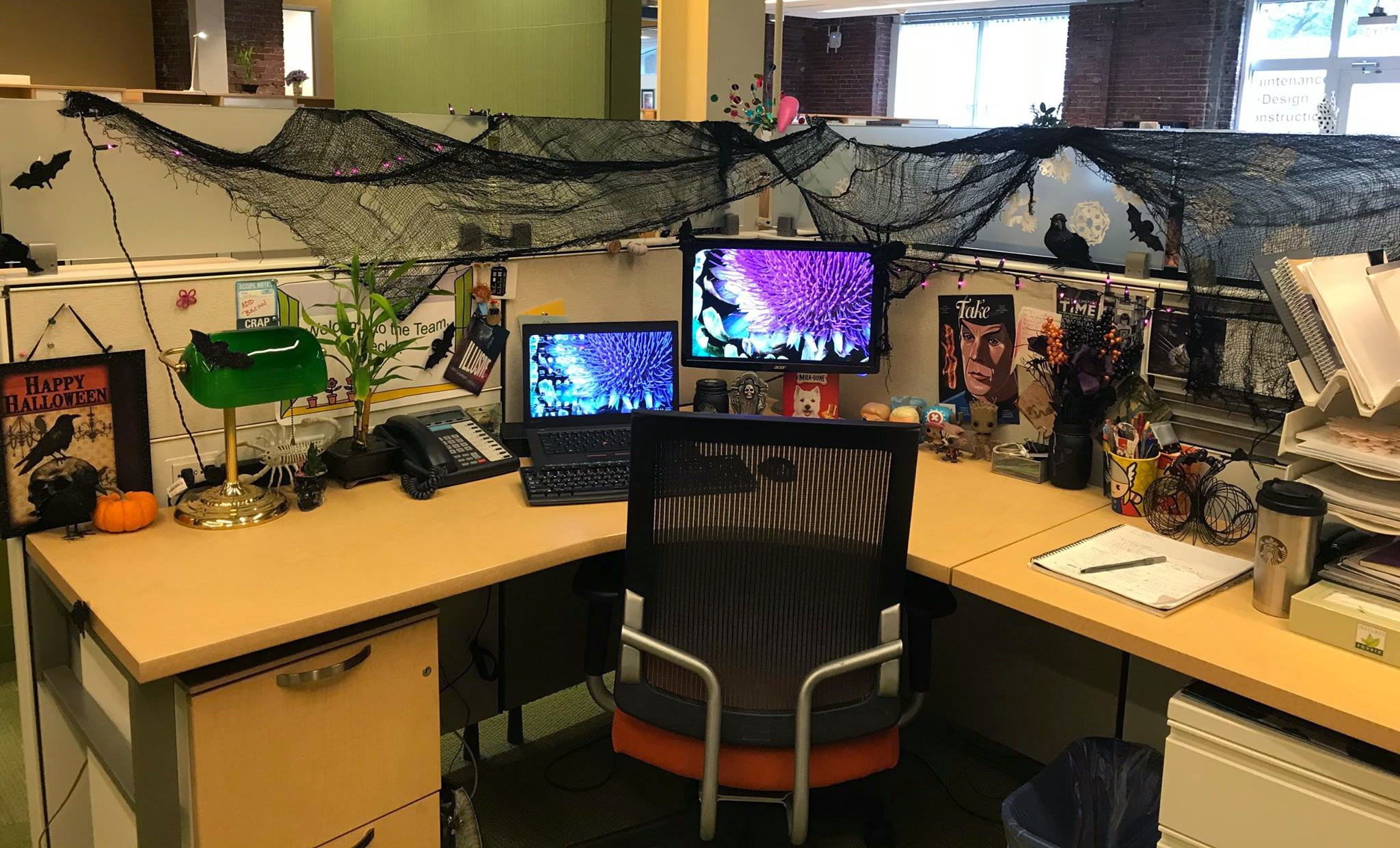If you had the good fortune to sit in a room full of professional women in India, you'd no doubt be impressed by their accomplishments. These women are primed to succeed: passionate, educated, intense, and focused on learning and advancing in their chosen fields. Such attributes should bring joy to the hearts of employers. But the actual story is quite different.
Though there's much talk in India about working women as an increasingly important part of country's labor market, there's little actual evidence that this is so. There are few supports and policies in place that help women to be successful, and reach career aspirations while progressing through life stages. Family care provisions, flexibility, mentoring/coaching etc. are not typically provided. And there are precious few senior women managers.What Working Women in India are Saying
This past week I had the privilege of interviewing a number of senior managers in India to discuss this subject as well as the status of the workplace and employee potential. These discussions touched on a number of today's work/life and diversity issues, as well as competitive challenges of tomorrow. What stands out as a key theme in each conversation centered on the challenges employers are having retaining women and supporting their advancement.The Mumbai chapter of the National Human Resource Development and Horizons Workforce Consulting, the consulting arm of Bright Horizons, recently partnered together to explore these issues. In August, an electronic survey was widely distributed to employees in India in a cross section of companies and industries. Results of the study will be released in November along with NHRD's insights on best practices to address the opportunities and challenges in India. But the findings were telling.
A sampling of the hundreds of survey comments illustrating today's challenges:
"I have had difficulty (with older parents) and have taken a break twice in my career".
"I think most organizations are paying lip service today as regards to facilitating women's aspirations".
(I would like to see) "formal process on flexible work hours - currently informal flexibility is only available to senior managers".
"My child is with my parents, my mother's age does not allow her to continuously run after her.. this weighs on my mind".
Having "traditional" older parents that must cope with a modern working daughter in-law puts pressure on the husband.
What's Next for Women and Employers in India?
For those of you who work in India or support parts of the business that is operated there, these comments should be a wake-up call.We hope they will provide context to the conversation that is happening in companies about how to stop the leaky pipeline in India, and what can be done to support full engagement of all employees as they manage each life stage and career aspirations.
Do you have colleagues working in India? Share your own insights and those from the front line about the challenge of managing the opportunities presented in today's India economy.




